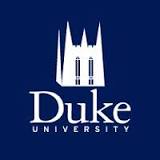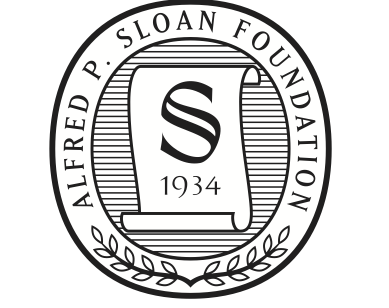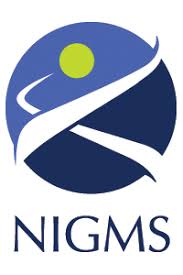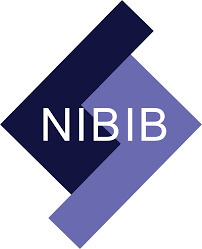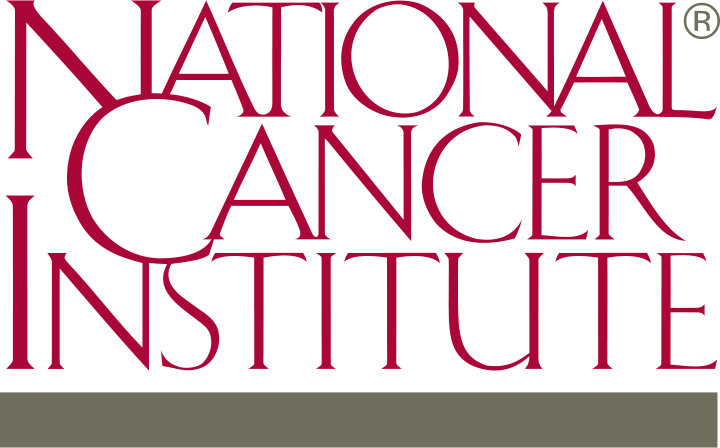Research in the Wang group aims to answer fundamental questions that lie at the interface of organic chemistry and chemical biology. We will develop small-molecule based probes and methods to understand genes and pathways of importance to the treatment of cancer and neurodegenerative disorders. Towards this end, we will exploit an interdisciplinary approach that integrates the principles of organic synthesis, medicinal chemistry, molecular labeling, assay development, molecular and cell biology through our studies in the following areas.
(1) New methods for the synthesis and study of bioactive nitrogen-containing molecules.
The importance of nitrogen-containing molecules is evident in biomedical research and drug discovery. Rapid and efficient preparation of structurally diverse nitrogen-containing skeletons is of the utmost importance, as is the ability to understand their biology, pharmacology and potential as chemical probes and drug candidates. Our research undertakes a novel strategy that exploits the unique and diverse reactivity of heteroatom-nitrogen bonds to design new C–N bond formation reactions. Molecules generated through these transformations are versatile and useful; they can be used in late-stage synthesis to directly afford bioactive molecules, can be subject to a wide variety of chemical reactions to quickly establish complex bioactive structures, or can be used as imaging agents for understanding biological activity and potential of targeted nitrogen-containing skeletons, all of which are closely tied to our longer-term goal of developing new chemical tools.
Recent publications:
Copper-Catalyzed Three-Component Selective 1,4-Amino Oxygenation of 1,3-Dienes Angew. Chem. Int. Ed. 2025, e24557
Three-Component Catalytic Amino Etherification of Alkenes: Enabled by Silyl Ether-Promoted C–O Coupling, ACS Catal. 2025, 15, 13757−13767.
Copper-Catalyzed Allylic Amination of Alkenes Using O-Acyl hydroxylamines: A Direct Entry to Diverse N-Alkyl AllylaminesACS Catal. 2025, 15, 7441–7447.
Copper-Catalyzed 1,4-Aminohydroxylation and Aminothiolation of 1,3-Dienes by Carbonyl-Assisted Migration. Chem Catalysis, 2024, 4, 101147.
Copper-Catalyzed Regioselective Aminofluorination of Alkenes and 1,3-Dienes: Direct Entry to Diverse β-Fluoroamines. J. Am. Chem. Soc., 2022, 144, 20463−20471.
Alkenylation of sp3 C-H Bonds by Zincation/Copper-Catalyzed Cross-Coupling with Iodonium Salts. Angew. Chem. Int. Ed. 2018, 57, 4727 –4731.
Site-Selective Copper-Catalyzed Amination and Azidation of Arenes and Heteroarenes via Deprotonative Zincation" J. Am. Chem. Soc., 2017, 139, 11622–11628.
(2) New chemical strategies and tools for molecular labeling and imaging.
Another research focus in the Wang lab is to develop new imaging strategies and probes to advance understanding of important biological pathways and genes for the treatment of human disease. Towards this end, we have been exploiting two strategies to advance the capacity and application of molecular imaging: (1) development of new chemical methods for the facile introduction of valuable imaging reporters (e.g. 18F, N3, and acetylene) onto a diverse range of pharmacologically privileged skeletons, and (2) development of novel 15N-based structural motifs as molecular tags for hyperpolarization magnetic resonance imaging (HP-MRI). The interplay of these two complementary aspects will greatly expand the imaging toolbox and advance their application in basic and clinical research.
Recent publications:
Design and Characterization of Hyperpolarized 15N-BBCP as a H2O2-Sensing Probe. ACS Sensors, 2022, 7, 2928−2933.
"State-of-the-Art Accounts of Hyperpolarized 15N-Labeled Molecular Imaging Probes for Magnetic Resonance Spectroscopy and Imaging" Chem. Sci. 2022, 13,7378–7391.
15N-Azides as Practical and Effective Tags for Developing Long- Lived Hyperpolarized Agents" Chem. Sci. 2021, 12, 14309–14315.
15N4-1,2,4,5-tetrazines as potential molecular tags: Integrating bioorthogonal chemistry with hyperpolarization and unearthing para-N2 Sci. Adv. 2018, 4, eaar2978.
Diazirines as Potential Molecular Imaging Tags: Probing the Requirements for Efficient and Long-Lived SABRE-Induced Hyperpolarization. Angew. Chem. Int. Ed. 2017, 56, 12112–12116.
Direct and Cost-efficient Hyperpolarization of Long-lived Nuclear Spin States on Universal 15N Molecular Tag. Sci. Adv. 2016, 2, E1501438.
(3) Small-molecule probes and novel leads for human biology and disease.
Epigenetic modifying enzymes as novel therapeutic targets. We are interested in developing small-molecule regulators of epigenetics modifications, the new frontier in understanding and treatment of disease. For example, research will be directed towards identifying small-molecule modulators of arginine methylation and uncovering their regulatory pathways. Discovery of such molecules will provide powerful tools to interrogate the physiological roles of arginine methylation and offer potential lead molecules for novel therapies to contribute to a new era of epigenetic-based drugs.
Recent publications:
Development of novel 18F-PET agents for tumor hypoxia imaging J. Med. Chem. 2021, 64, 5593−5602.
Structure-Functional-Selectivity Relationship Studies of Novel Apomorphine Analogs to Develop D1/D2R Biased Ligands. ACS Med. Chem. Lett. 2020,11, 385–392.
A Novel 18F-Labeling Method for the Synthesis of [18F]-Piperidine-Containing Ligands as Potential PET Radiotracers for Sigma Receptors. Synlett, 2017, 28, 410–414.
Microtubule Acetylation Amplifies p38 KinaseSignalling and Anti-inflammatory IL-10 Production. Nat. Commun. 2014, 5, 3479.
We thank the following agencies for supporting our research!
CONTACT INFORMATION
Qiu Wang
Professor of Chemistry, Duke University
124 Science Drive, Durham, NC 27710
Phone: 919-660-1648 Email: qiu.wang at duke.edu
Copyright © The Wang Group. All Rights Reserved.
